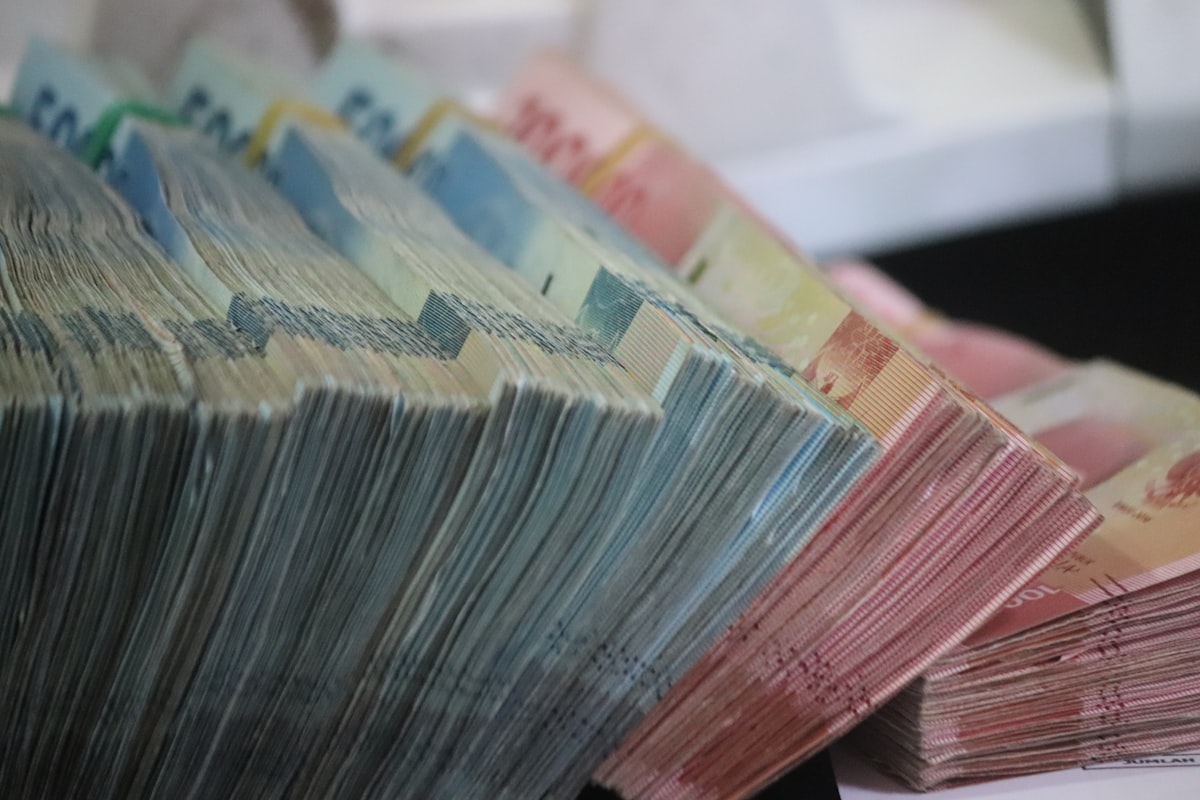Capital outflows from Mexico accelerate during the pandemic
Half of the money transferred out of the country to offshore accounts last year occurred in the last three months, as the government promoted controversial legal initiatives.

Mexico continues to lose money. Data from the Bank of Mexico show that during the last three months of 2020, capital transfers abroad accelerated, a period that coincides with the promotion of law proposals that have been highly criticized as harmful to the business climate.
The labor proposal to prohibit outsourcing, the reform to the Electricity Industry Law to benefit state-owned companies, and the initiative that would oblige the central bank to capture dollars in cash, were all promoted by the president, Andrés Manuel López Obrador, or by his party in Congress at the end of last year.
According to the central bank, $18.758 billion dollars were transferred from Mexico abroad last year, a 44% jump compared to 2019. More than $9 billion went out in the last three months of 2020 alone. This outflow of capital goes in line with the news that JP Morgan, one of the world's largest investment banks, is in the process of closing its private banking service in Mexico, which is focused on managing the fortunes of individuals or families.
The trend is that those who have resources in Mexico are looking for ways to house them outside the country in more stable currencies and countries with better economic prospects. Experts and international banking observers in the country described this decision as "worrisome", as it reflects not only the tensions between the private sector and the Federal Government but also the economic damage of the pandemic in the country.
López Obrador's government clashed with the private sector early on. Before taking office in December 2019, the then-president-elect canceled the largest infrastructure investment of the previous administration, generating uncertainty about the business climate in the country, which represents the second-largest economy in Latin America.
His administration has sought to reverse the opening of the energy sector by limiting permits to private electricity companies. Currently, Congress has pending votes on three initiatives promoted by the President himself or by his party that has been highly controversial.
The government seeks to reform the labor law so that subcontracting, or outsourcing, is prohibited; to grant a privilege to the state-owned electricity company over its competitors through an initiative in the Electricity Industry Law; and to force the central bank to buy dollars, which is widely interpreted as a violation of the autonomy of the institution.
At the same time, foreigners have been investing less and less in peso-denominated government debt bonds, a sign that confidence in Mexico's economy going forward is waning. In the past two years, foreigners went from holding about 32% of long-term government bonds to less than 25% in January of this year.




